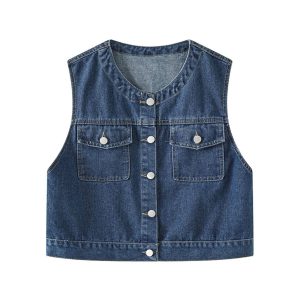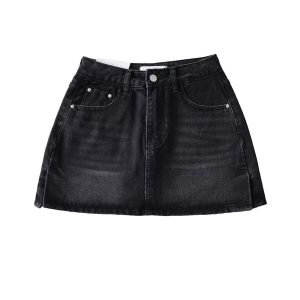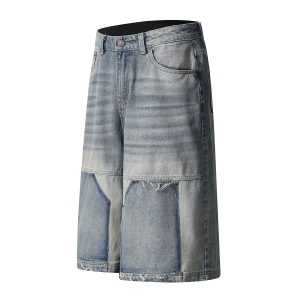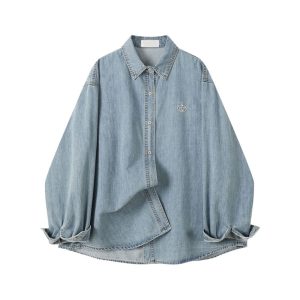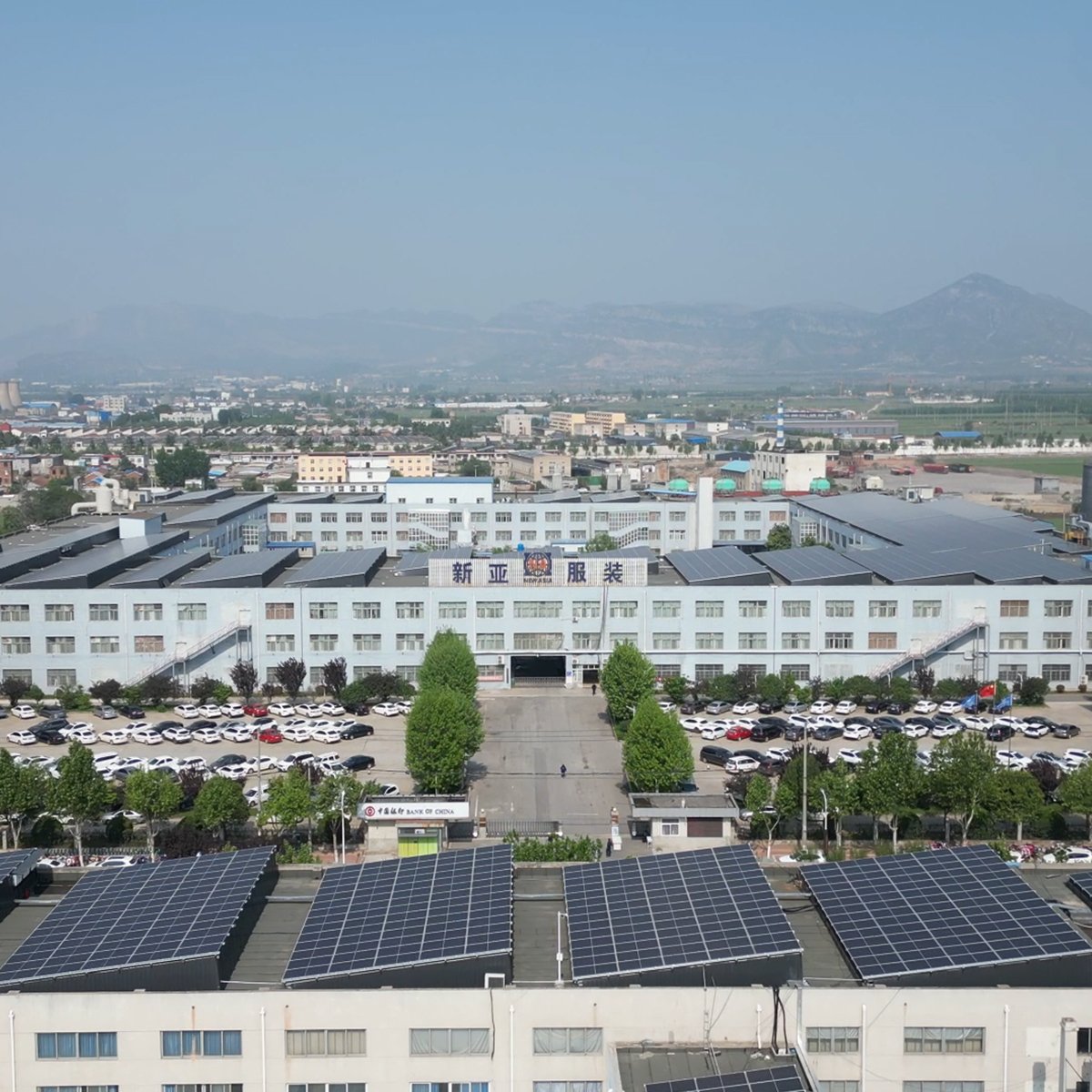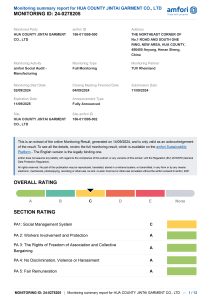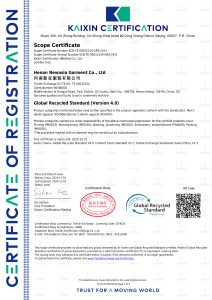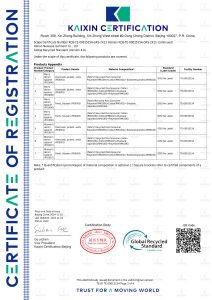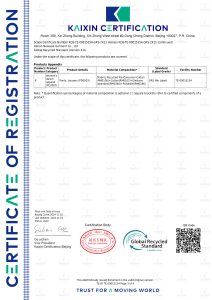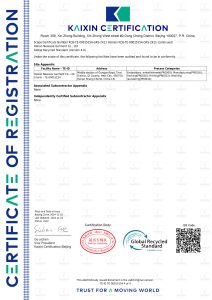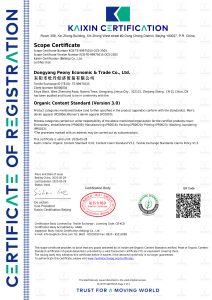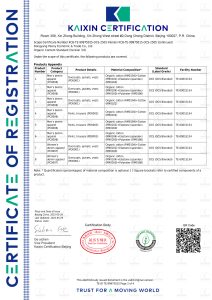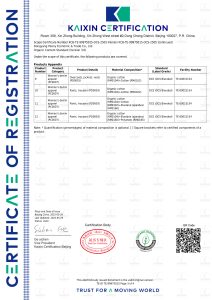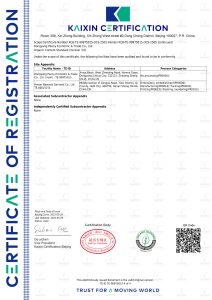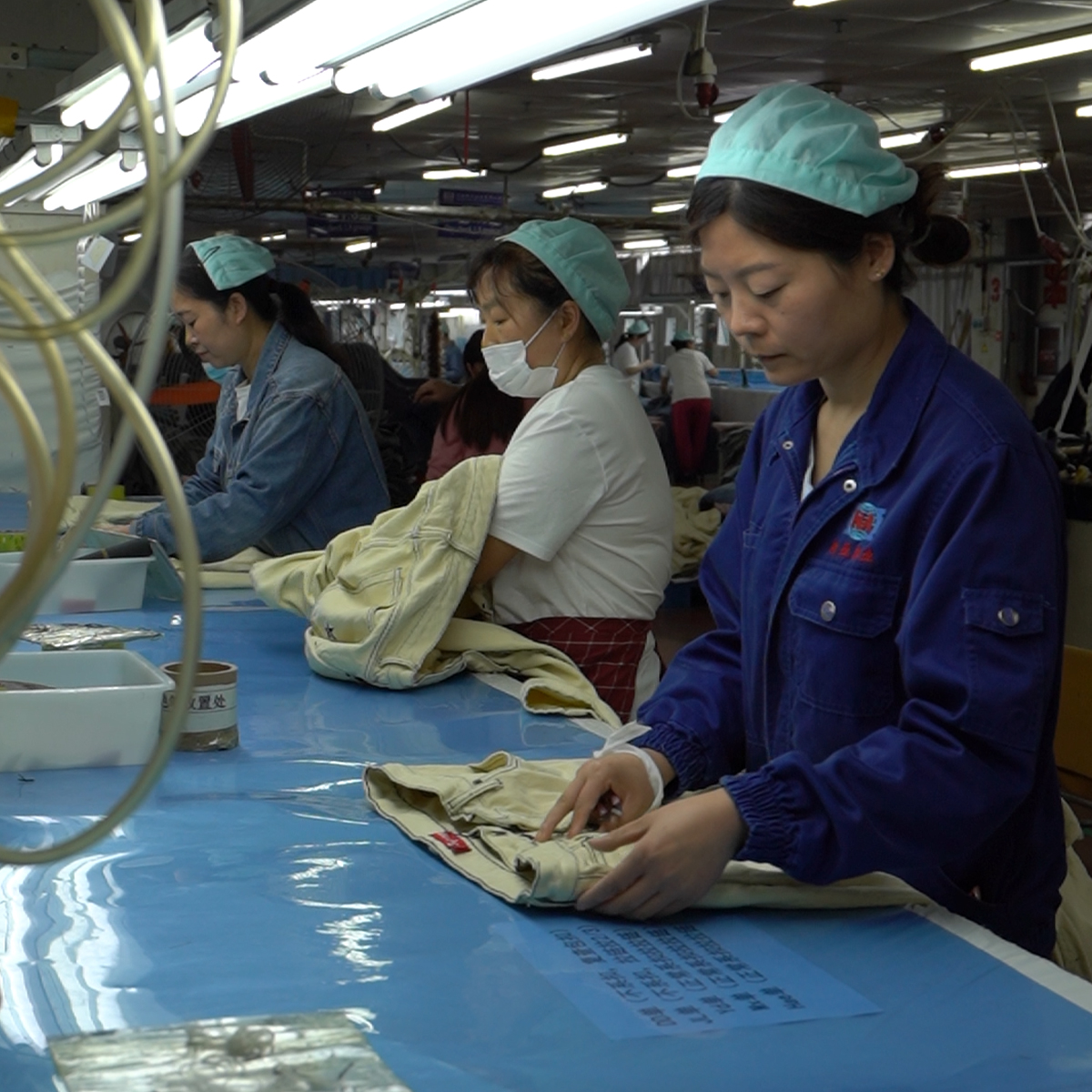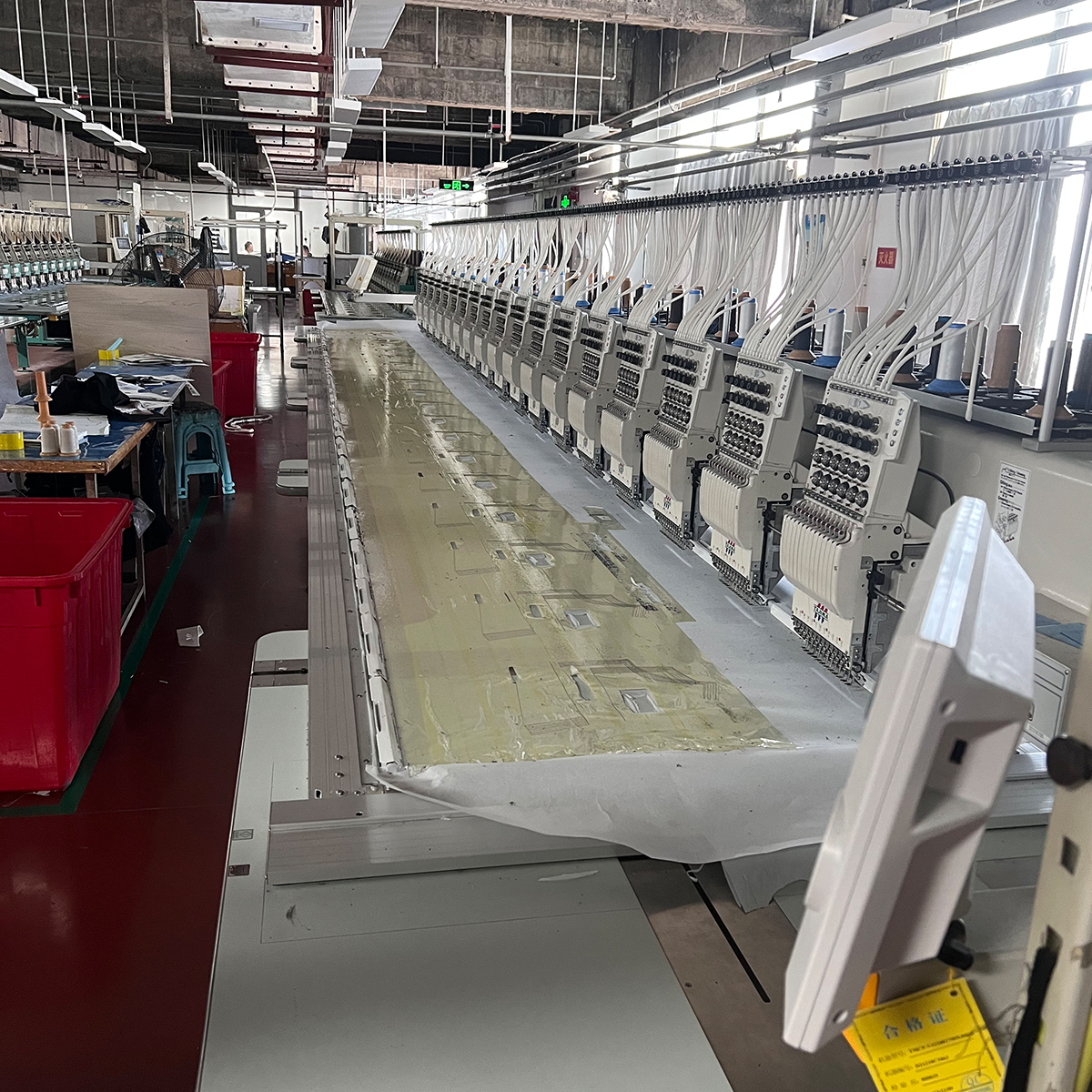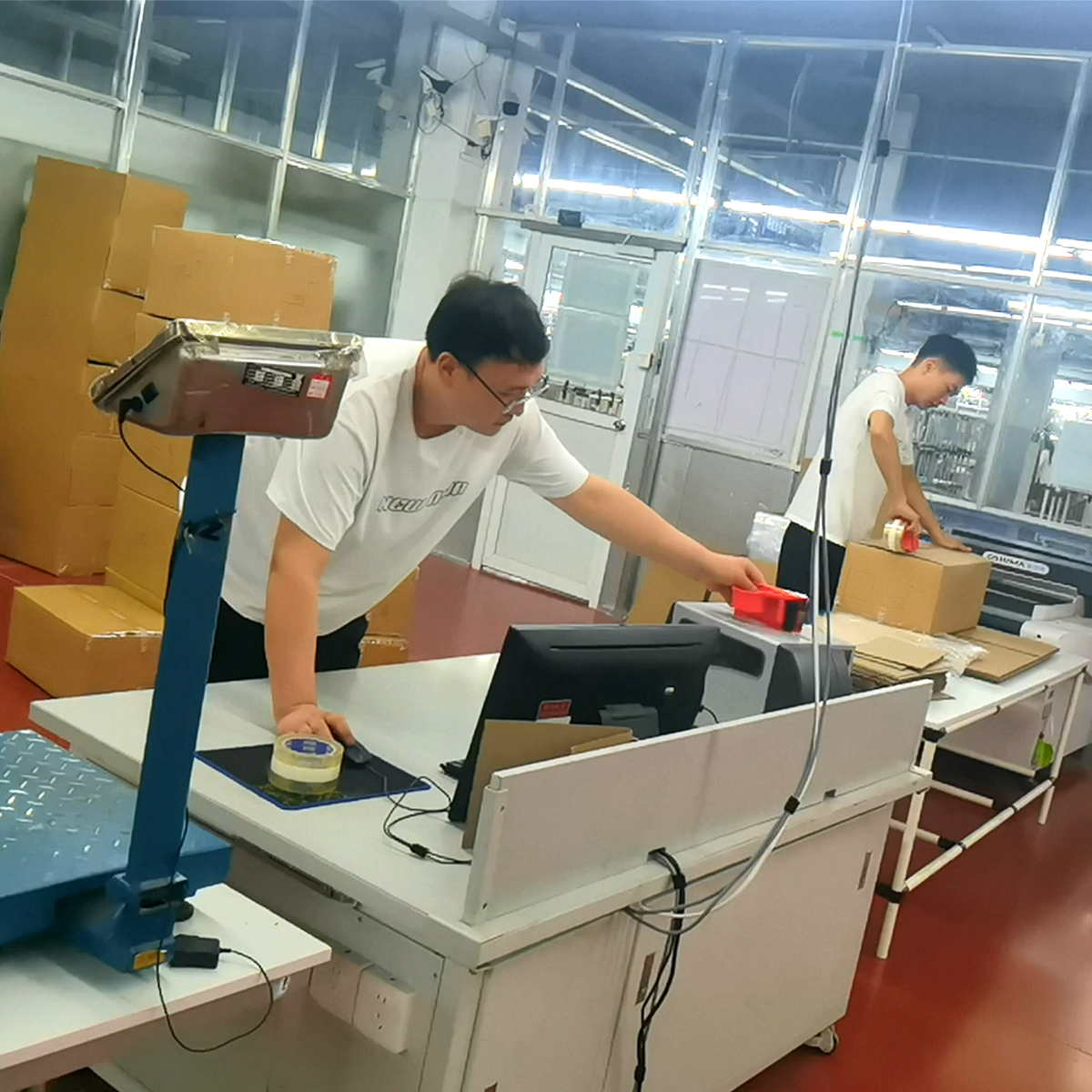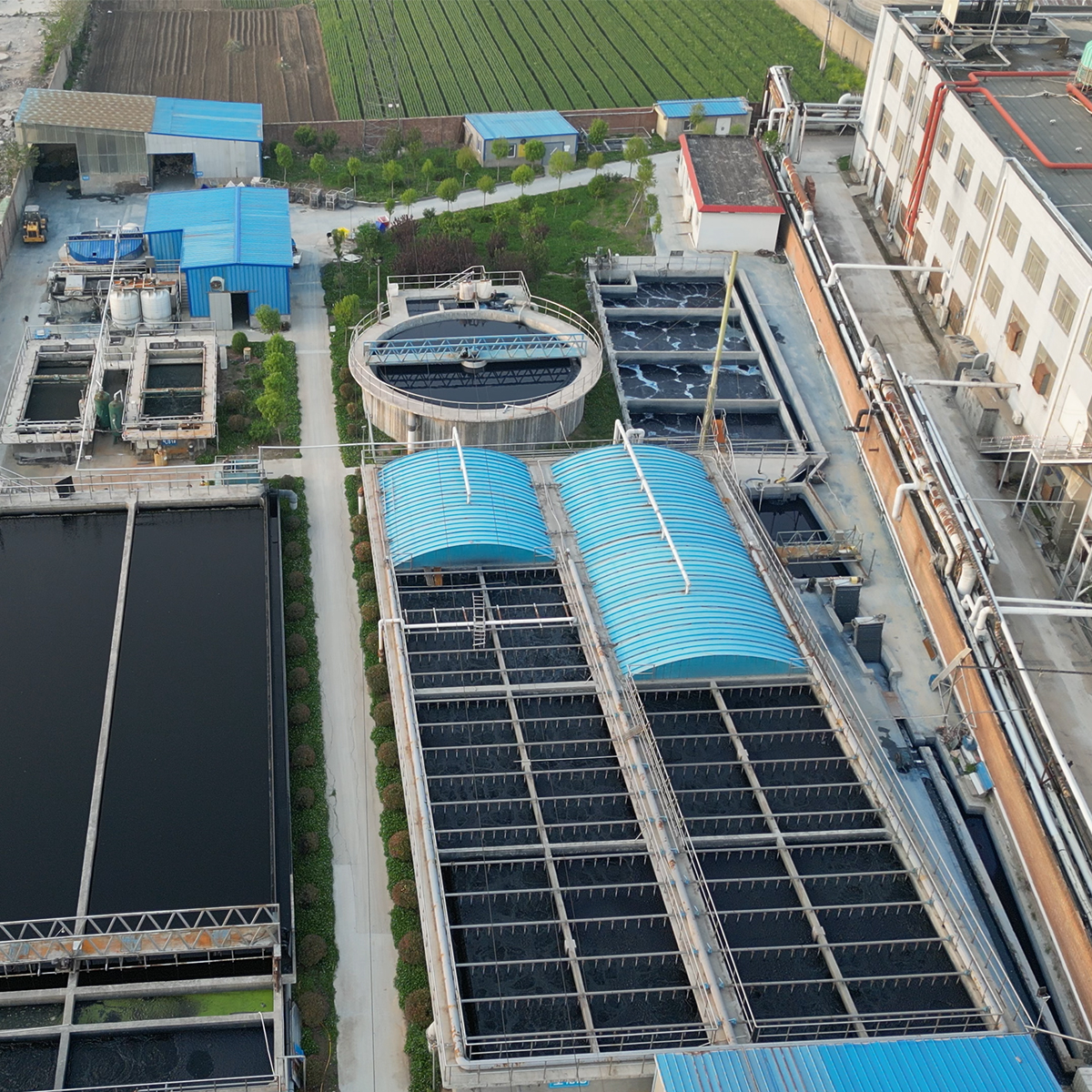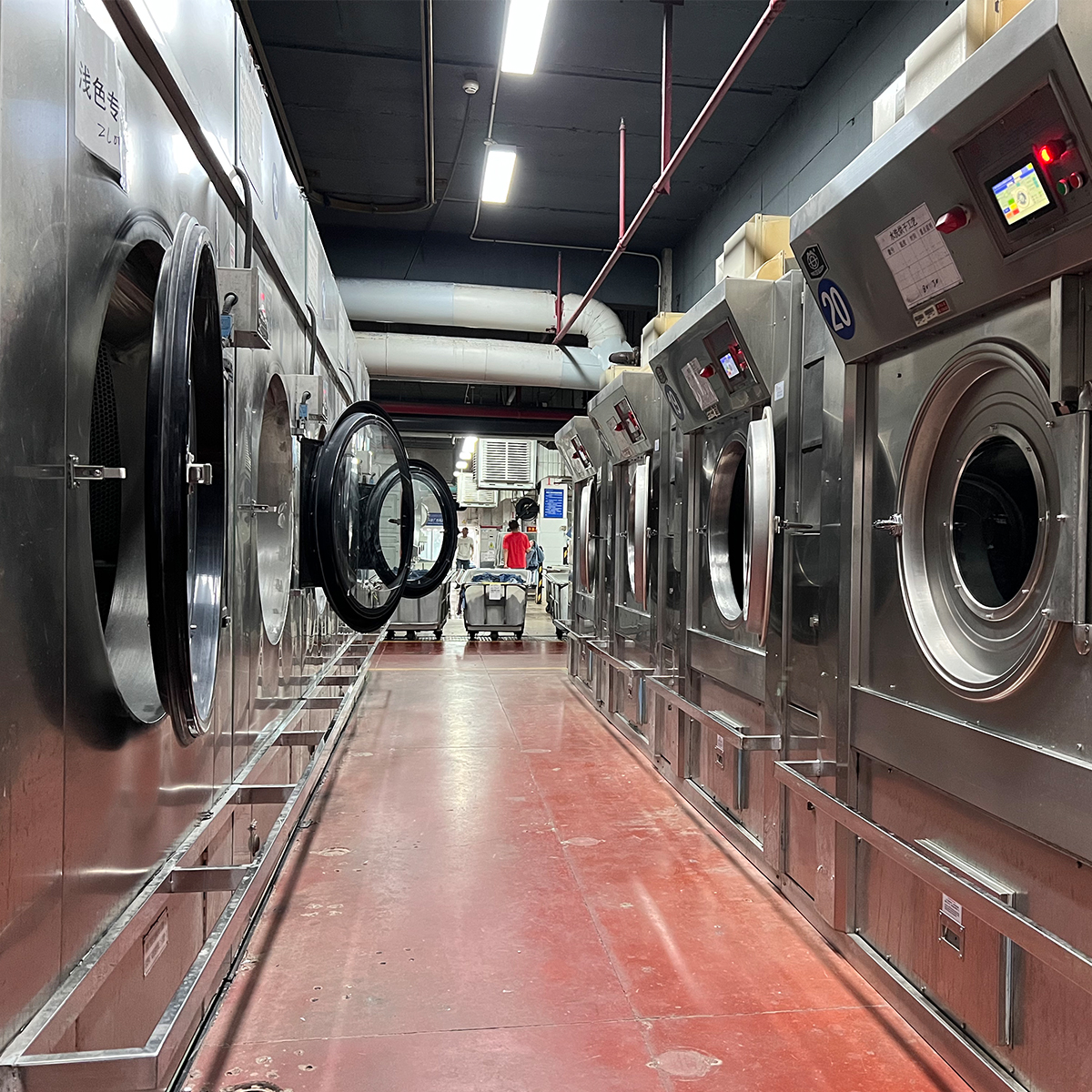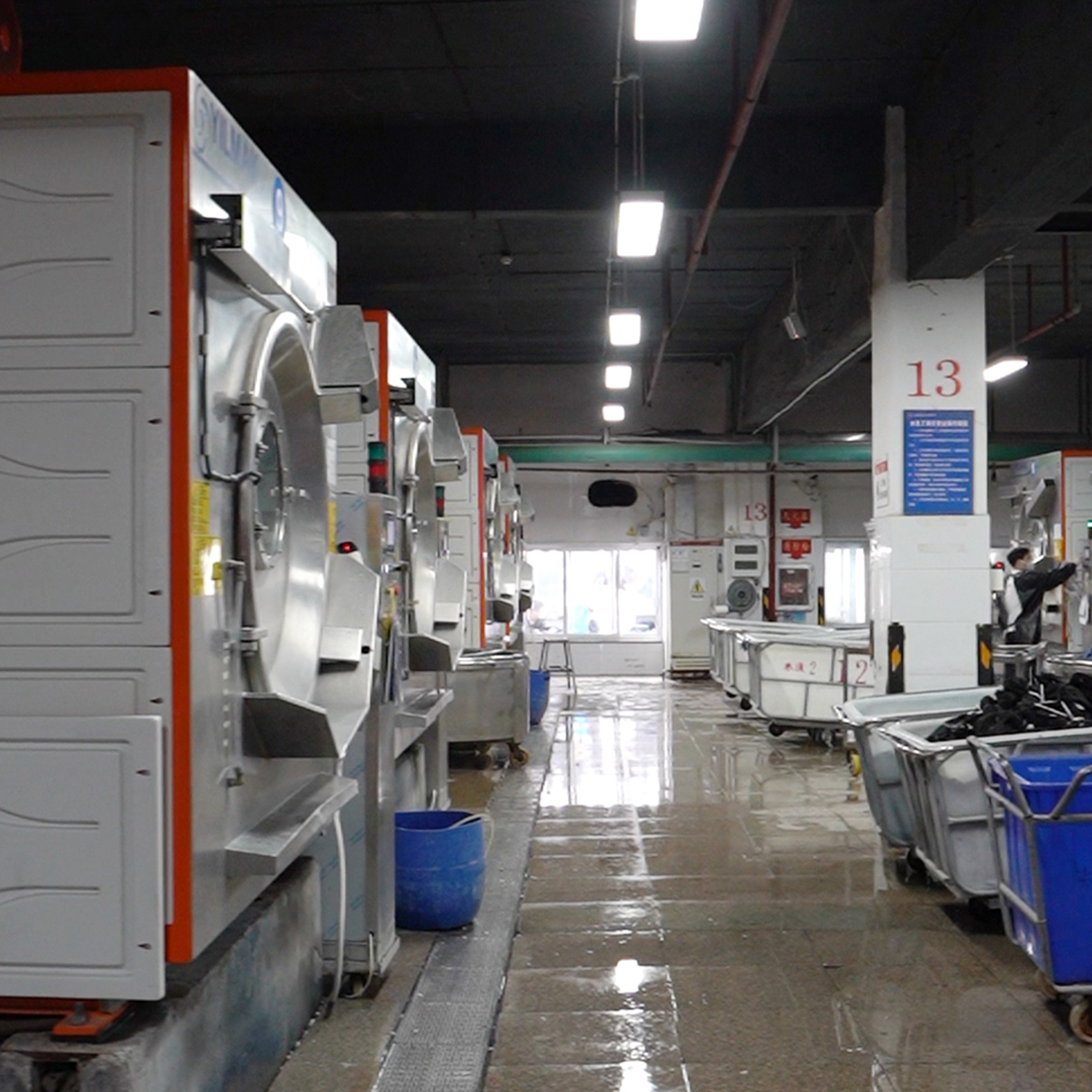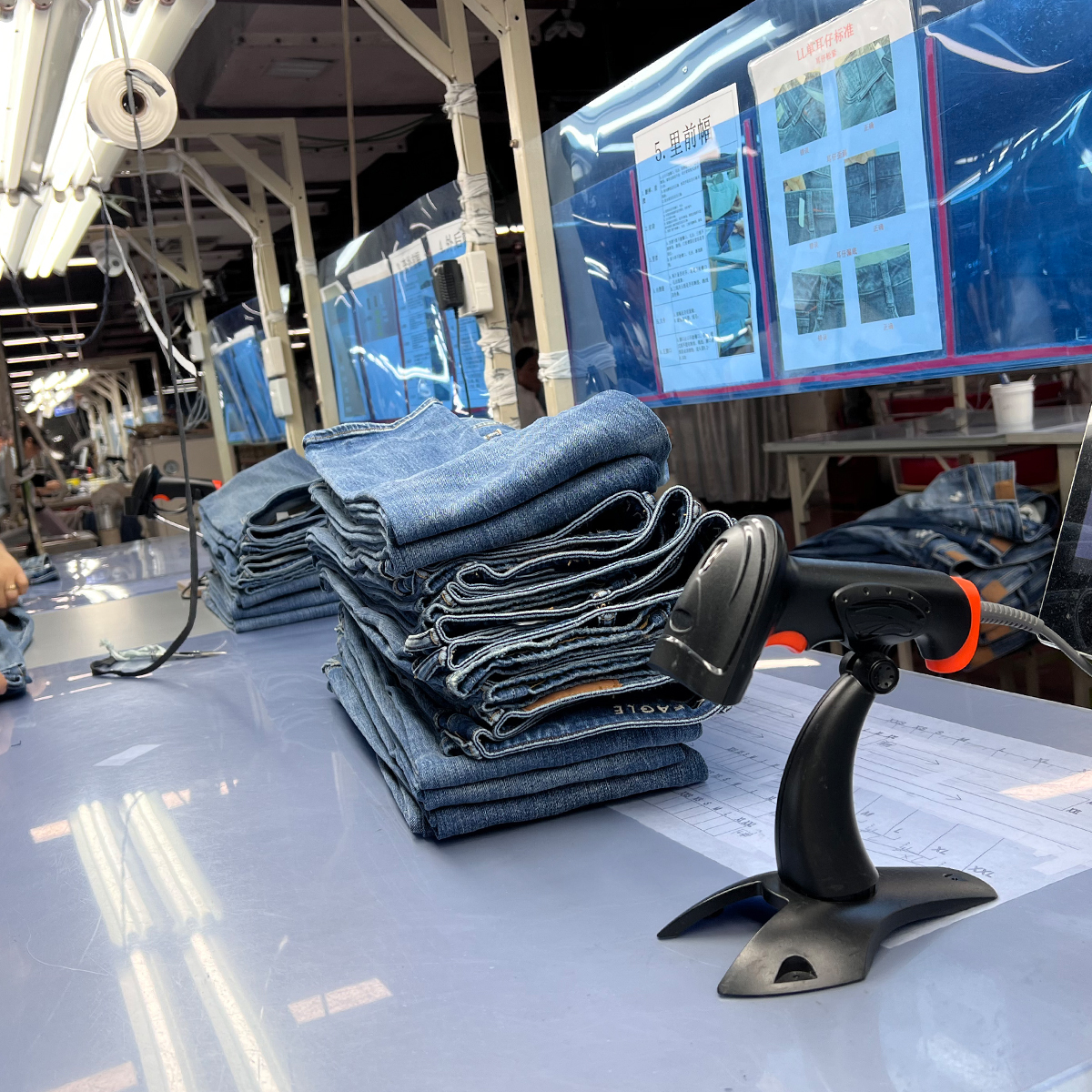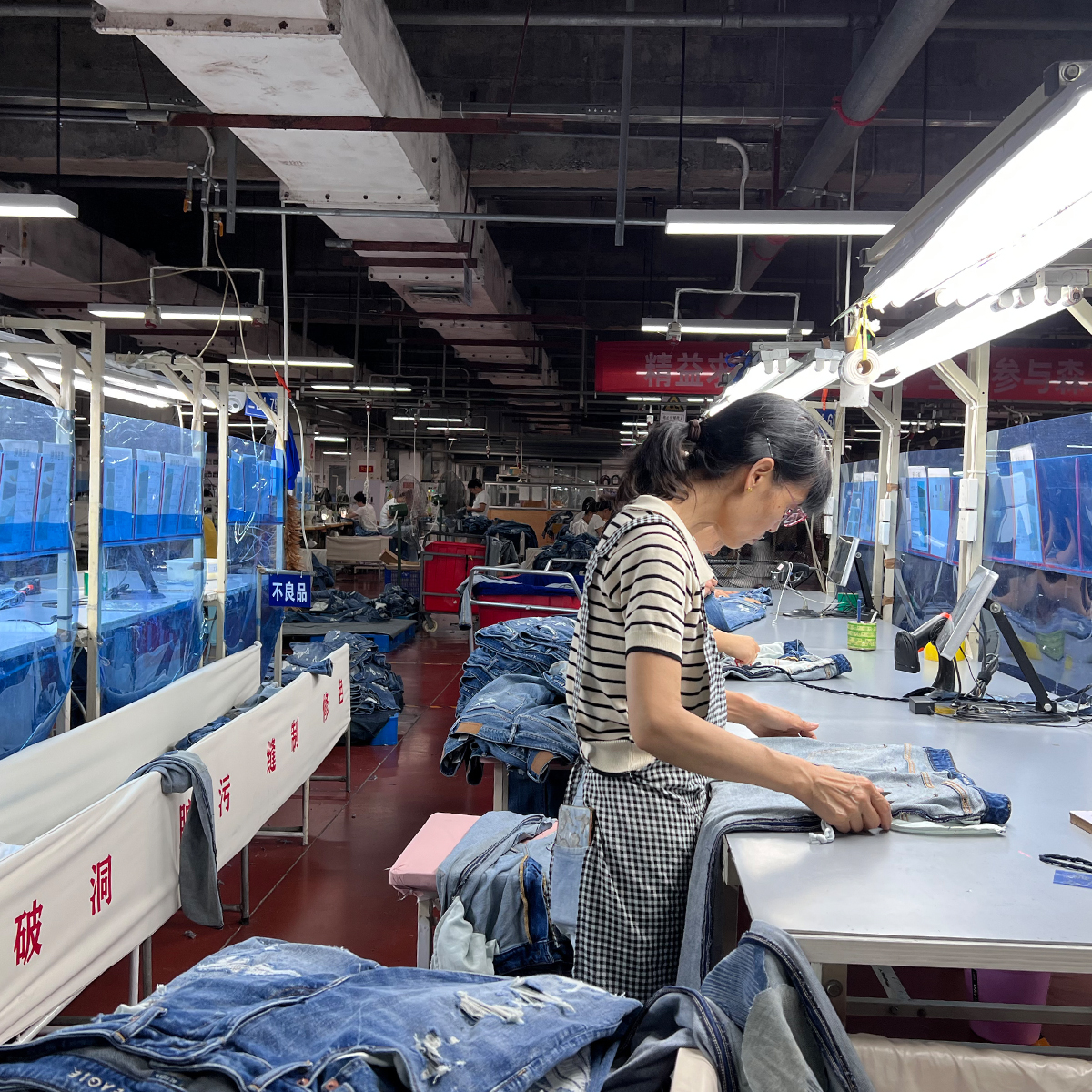In recent years, Bangladesh has emerged as a powerhouse in the textile and garment industry, particularly in denim manufacturing. With a rich history of textile production, combined with the nation’s initiative to modernize its facilities, Bangladesh is fast becoming a preferred destination for high-quality denim jeans.
The Historical Context of Denim Manufacturing in Bangladesh
Bangladesh’s journey in denim began in the early 1980s when the country first tapped into the vast potential of this versatile fabric. From the small-scale production of denim goods, the industry has expanded into a multi-billion-dollar sector. Several factors contributed to this growth, including competitive labor costs, favorable trade agreements, and a commitment to sustainability.
Innovative Manufacturing Processes
Today, Bangladeshi denim fabric manufacturers have adopted cutting-edge technologies and sustainable practices that enhance productivity without compromising quality. Brands such as Denim Expert, Square Fashions, and Beximco are leading the charge by investing in advanced machinery and innovative production techniques.
- Laser Technology: Laser etching and finishing processes reduce water usage and chemical dependency, making denim production more eco-friendly.
- Water Management Systems: Manufacturers are implementing state-of-the-art water recycling and management systems to minimize waste.
- Automated Cutting Systems: These systems ensure precision, reduce fabric waste, and enhance production efficiency.
Quality Over Quantity
Bangladesh denim manufacturers are often misunderstood as providers of low-cost, low-quality garments. However, the truth reflects a different narrative. Many factories now prioritize quality over sheer output. Brands from all over the globe collaborate with Bangladeshi manufacturers to produce premium denim goods that meet international standards.
The Role of Certification
Many leading manufacturers in Bangladesh now hold certifications such as ISO 9001, GOTS (Global Organic Textile Standard), and OEKO-TEX. These certifications indicate commitment to quality and safe manufacturing practices, thus appealing to eco-conscious consumers and brands alike.
Sustainability in Bangladesh’s Denim Industry
With the worldwide shift towards sustainability, Bangladeshi denim manufacturers are becoming pioneers in eco-friendly practices. Brands like Priyanka Group and Ananta Group emphasize organic cotton, environmentally friendly dyes, and efficient use of resources.
Innovative Sustainable Practices:
Some innovative practices adopted include:
- Organic Cotton Sourcing: Many brands are now using organic cotton which requires less water and no harmful pesticides, thereby reducing the environmental impact.
- Recycled Materials: Using recycled denim reduces the demand for virgin materials and is a sustainable alternative that has gained traction in recent years.
- Responsible Waste Management: Many factories are taking steps to reduce waste produced during the manufacturing process, repurposing scraps, and recycling water.
Emerging Trends in Denim Fashion
As consumer preferences evolve, so too does the manufacturing of denim products. Manufacturers in Bangladesh are quickly catching up with the latest trends in the global fashion industry. Here are a few trends to watch out for:
“Fashion is fleeting, but style is eternal.” – Yves Saint Laurent
Streetwear Influence
With the rise of streetwear, denim manufacturers are producing pieces that reflect comfort and style. Oversized jeans, baggy fits, and unique washes are becoming increasingly popular in the market.
Sustainably Produced Denim
Consumers are now more aware of sustainable fashion. As such, manufacturers that market eco-friendly practices have a competitive edge. The demand for sustainably produced denim is only expected to grow.
Global Market Reach
Bangladesh’s denim jeans manufacturers have expanded their market reach over the years. Exporting to countries like the USA, Canada, and European nations, these manufacturers have turned Bangladesh into one of the top denim sourcing destinations worldwide.
Trade Agreements and Tariffs
Trade agreements such as the Everything But Arms (EBA) scheme offered by the European Union have provided Bangladeshi manufacturers preferential access to international markets. Such initiatives have fueled exports and helped manufacturers compete on a larger scale.
Challenges Facing the Denim Industry in Bangladesh
Despite the impressive growth trajectory, the denim manufacturing industry in Bangladesh faces several challenges. These include:
- Labor Rights Issues: Ensuring fair labor practices and improving working conditions remains a pressing challenge.
- Environmental Regulations: As the industry grows, so do concerns over environmental impact, necessitating stricter regulations.
- Competition: The evolution of other emerging markets presents fierce competition, requiring Bangladeshi manufacturers to continually innovate.
The Future of Denim Manufacturing in Bangladesh
Looking forward, the outlook for Bangladeshi denim manufacturers appears optimistic. With an ingrained commitment to quality, sustainability, and innovation, the nation is set to strengthen its position in the global denim market. Furthermore, the industry’s resilience and adaptability will play a significant role in navigating future challenges.
Investment in Innovation
Investing in innovative technologies and sustainable practices will be crucial for maintaining competitiveness. As consumers demand more transparency and ethical manufacturing, manufacturers in Bangladesh are likely to focus on enhancing their practices accordingly.
In Summary
While Bangladesh is often recognized for its role as a budget manufacturing destination, it is becoming synonymous with quality denim production. By focusing on innovation, eco-friendliness, and establishing itself in the global market, Bangladesh is undoubtedly charting its path toward a bright future in the denim industry.



